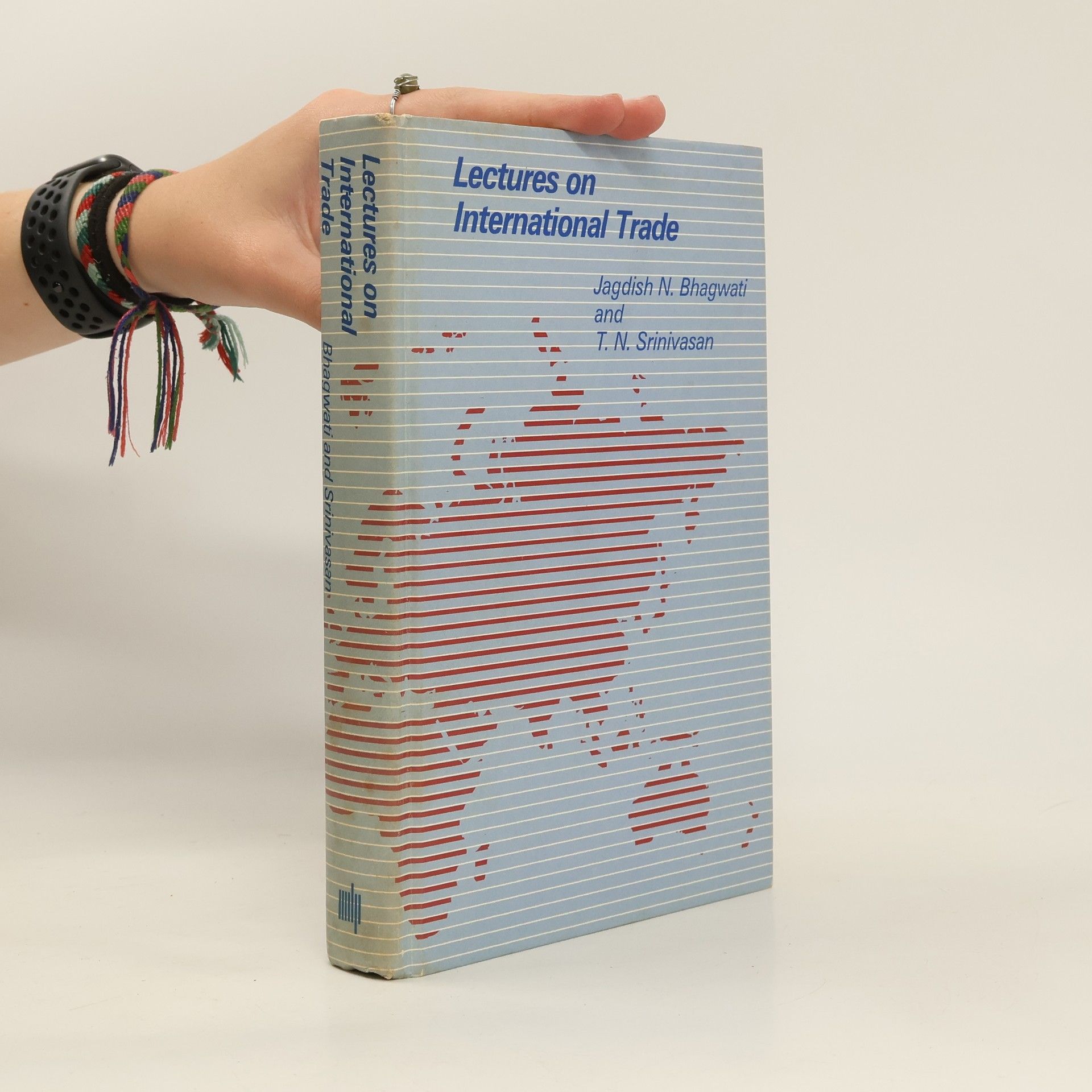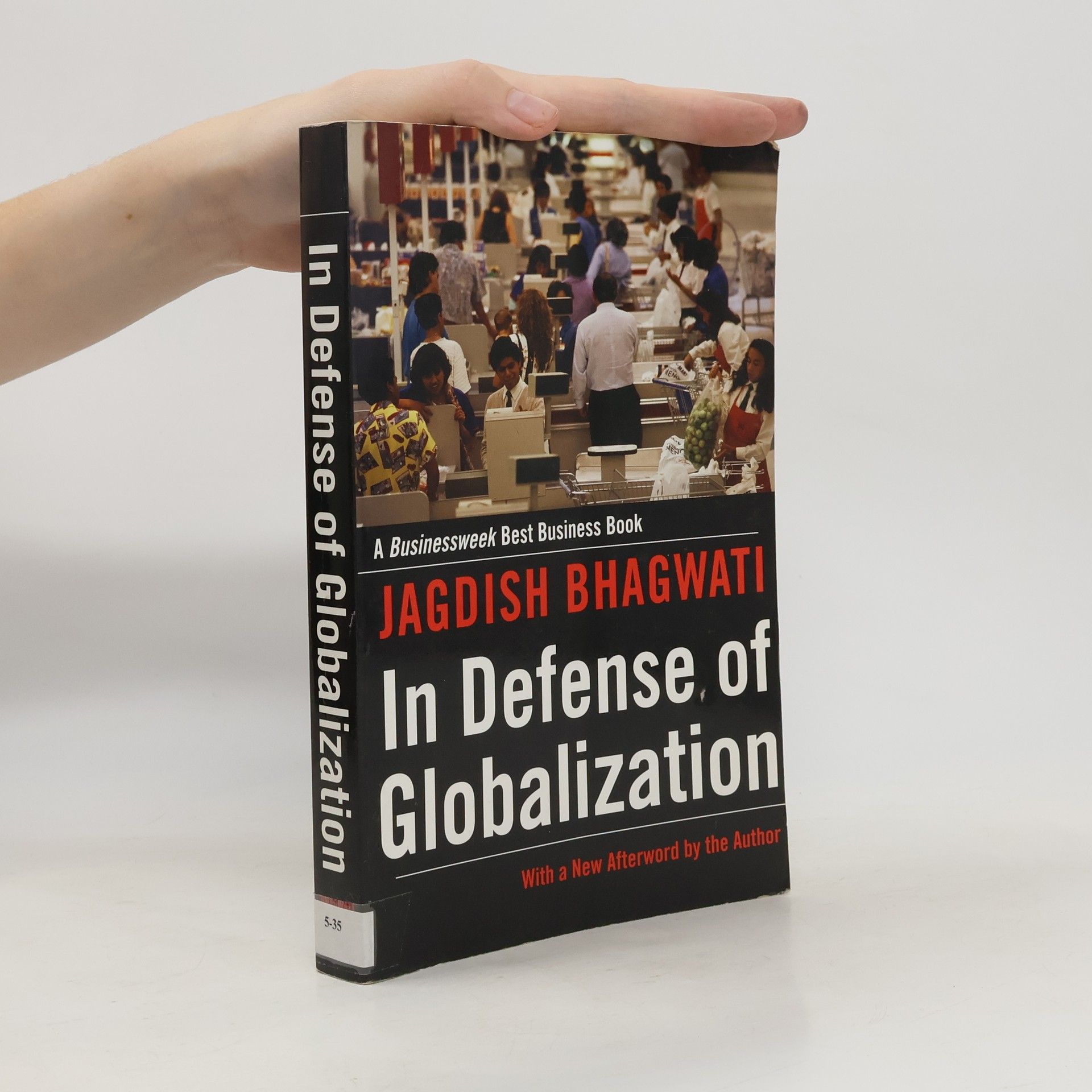The Wind of the Hundred Days: How Washington Mismanaged Globalization
- 397pages
- 14 heures de lecture
The collection features thought-provoking essays that delve into international trade, emphasizing the intricacies of US foreign trade policy. It explores the implications of trade agreements, global market dynamics, and the impact of policy decisions on both domestic and international economies. The essays challenge conventional views and encourage readers to consider the broader consequences of trade practices, making it a compelling read for those interested in economic policy and global relations.




